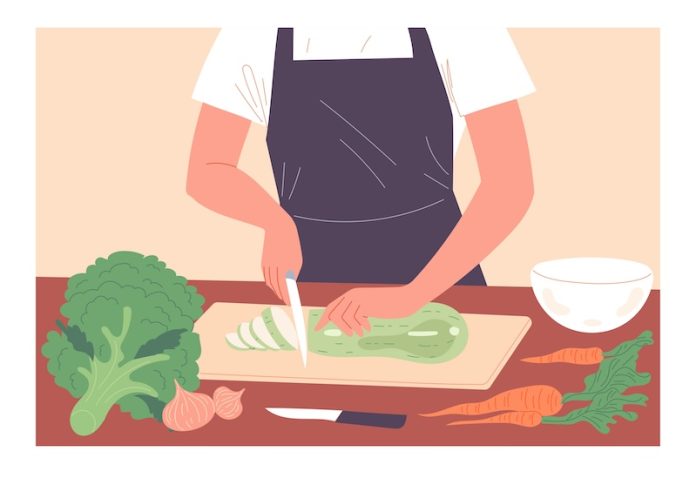
Chronic kidney disease (CKD) affects kidney function over time, limiting the kidneys’ ability to clear out waste and balance fluids. Diet plays a critical role in managing CKD, helping to slow disease progression and reduce symptoms.
This article provides straightforward diet tips to support those living with CKD, focusing on what foods to eat and what to avoid to maintain optimal health.
When kidneys are not functioning properly, certain nutrients can build up in the body and become harmful.
Managing your diet helps control the levels of these nutrients, including potassium, phosphorus, sodium, and protein. Here’s how you can manage your diet effectively:
High sodium intake can cause high blood pressure, which can further damage kidney function. It also makes your body retain more fluid, leading to swelling and increased blood pressure.
To reduce sodium intake, avoid table salt and high-sodium products like canned foods, processed meats, and salty snacks. Opt for fresh or frozen vegetables instead of canned, and check labels for low-sodium or “no salt added” products.
Protein is essential for growth and tissue repair, but when your kidneys can’t eliminate waste products from protein metabolism, these can build up in your blood.
Patients with CKD are often advised to moderate their protein intake depending on the stage of their disease. High-quality protein sources like lean meats, poultry, fish, and soy products are recommended because they produce fewer waste products.
Potassium plays a vital role in muscle function and heart health, but too much potassium can be dangerous when your kidneys are not working well. High potassium levels can affect your heart rhythm.
Foods high in potassium include bananas, oranges, potatoes, tomatoes, and other fruits and vegetables. Your doctor may recommend a low-potassium diet, depending on your kidney function.
Phosphorus helps build strong bones and teeth, but when the kidneys are not functioning properly, phosphorus can build up in the blood. This can weaken bones and damage blood vessels, lungs, eyes, and heart.
Foods high in phosphorus include dairy products, red meat, nuts, and whole grains. Phosphorus additives are also commonly found in processed foods, so always read food labels.
: As CKD progresses, you may need to limit fluid intake to avoid fluid overload, which can lead to swelling and heart problems.
Your fluid allowance includes water, coffee, tea, and other beverages, as well as foods that become liquid at room temperature, like ice cream. Speak with your healthcare provider about the right amount of fluid intake for you.
Since CKD increases the risk of heart disease, eating heart-healthy is important. This includes consuming plenty of fruits and vegetables, whole grains, and heart-healthy fats such as olive oil and fatty fish like salmon, which are high in omega-3 fatty acids.
Always consult a dietitian who specializes in kidney disease to develop a meal plan that addresses your individual health needs. They can provide specific recommendations and help adjust your diet as your kidney function changes.
Keep a food diary to track what you eat and drink, making it easier to understand how your diet affects your overall health.
Managing your diet when you have chronic kidney disease is about more than just avoiding certain foods and nutrients; it’s about making informed choices that help maintain the balance your body needs.
By working closely with healthcare providers and adjusting your diet, you can significantly impact your health and quality of life.
If you care about kidney health, please read studies about pesticide linked to chronic kidney disease, and this drug may prevent kidney failure in people with diabetes.
For more information about kidney health, please see recent studies about drug duo that may treat kidney failure, and results showing these vegetables may protect against kidney damage.
Copyright © 2024 Knowridge Science Report. All rights reserved.



